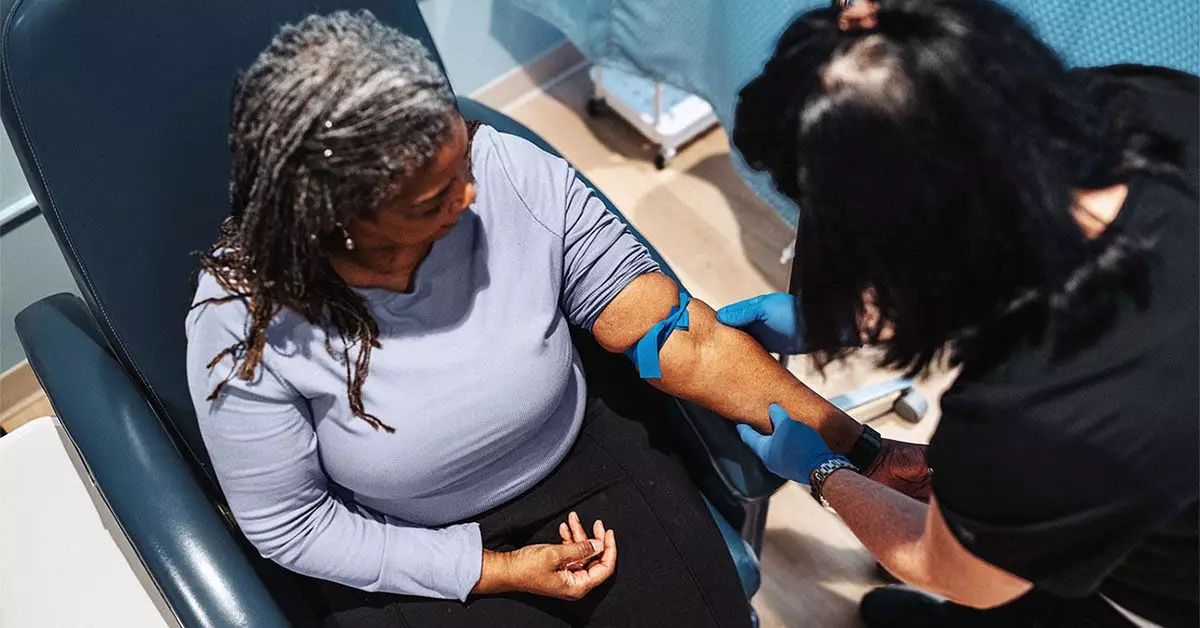Chimeric antigen receptor (CAR) T-cell therapy has emerged as a groundbreaking approach in the field of immunotherapy, specifically for cancer treatment. By enabling the immune system to better recognize and combat cancer cells, CAR T-cell therapy offers a beacon of hope for patients battling multiple myeloma (MM). The Food and Drug Administration (FDA) has taken commendable steps in this direction, approving two significant therapies: Idecabtagene vicleucel (ide-cel, Abecma) and Ciltacabtagene autoleucel (cilta-cel, Carvykti). Both of these treatments specifically target the B-cell maturation antigen (BCMA) that is prevalent on the surface of myeloma cells, illustrating how precision medicine can engage specific biological pathways to improve patient outcomes.
Success Stories and Challenges
The efficacy of CAR T-cell therapy in treating relapsed or refractory multiple myeloma is noteworthy, offering relief to patients who have exhausted conventional treatments. Yet, despite these advances, it is crucial to recognize that success is not universal. Various factors contribute to the complexities of treatment response, and a significant percentage of patients experience therapy failure within the first six months. This reality underscores the need for continued research and development to enhance therapy efficacy and identify patients who may benefit most from this revolutionary treatment.
The lack of a standardized approach following CAR T-cell therapy failure presents a considerable challenge. Patients are often left navigating uncharted waters as they collaborate with healthcare teams to develop alternative treatment plans. While some may be candidates for a second round of CAR T therapy, others may explore a range of options, including chemotherapies like lenalidomide, targeted therapies, or bispecific antibodies. This patchwork of potential treatments highlights a significant gap; the oncology community must prioritize establishing better-defined pathways for care post-therapy failure.
The Emotional Toll and Support Networks
Receiving a diagnosis of treatment failure can profoundly impact a patient’s emotional well-being. The psychological ramifications are often overlooked in clinical discussions, yet they are essential to address. It is vital for patients to seek emotional support from various sources, including friends, family, and specialized support groups. Mental health professionals offer invaluable assistance by helping patients navigate the stress and anxiety associated with living with a chronic condition. Such support systems are not merely supplementary; they are integral to the overall treatment experience.
More than ever, the integration of mental health support within oncology illustrates a holistic approach to patient care. Healthcare providers must strive to create an environment where discussions about emotional health are not sidelined but prioritized. As patients confront the realities of their health trajectories, the quest for a reliable support system becomes a critical component of treatment planning.
Looking Ahead: The Future of CAR T-Cell Therapy
The future of CAR T-cell therapy for multiple myeloma is poised for significant advancements. Ongoing research is essential to refine existing therapies, explore novel combinations, and expand eligibility criteria for treatment. Understanding individual patient factors will play a crucial role in personalizing therapies, ultimately enhancing response rates in the longer term.
As the landscape of CAR T-cell therapy continues to evolve, the medical community must remain vigilant in both scientific inquiries and the compassionate care of patients. Emphasizing patient well-being alongside groundbreaking medical advancements will pave the way for a more hopeful narrative in the fight against multiple myeloma. The medical field stands on the precipice of a new era—one that combines the power of innovative therapies with the profound human need for support, understanding, and community.

